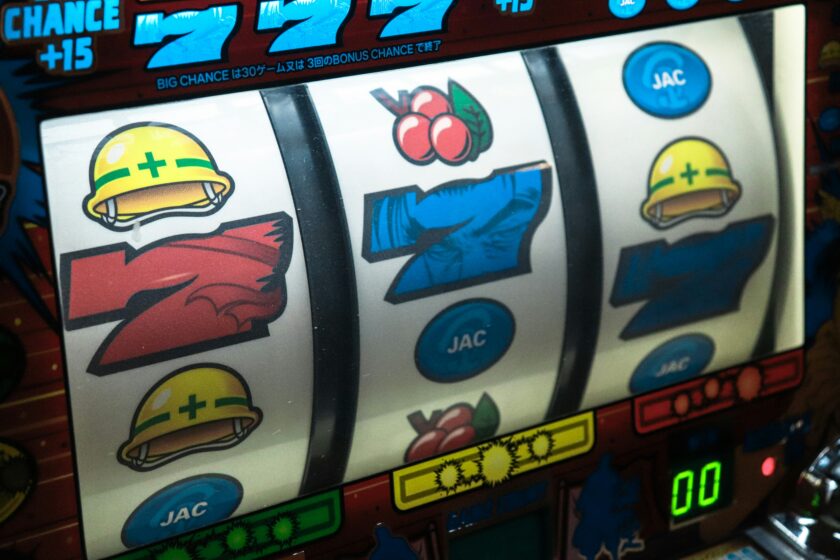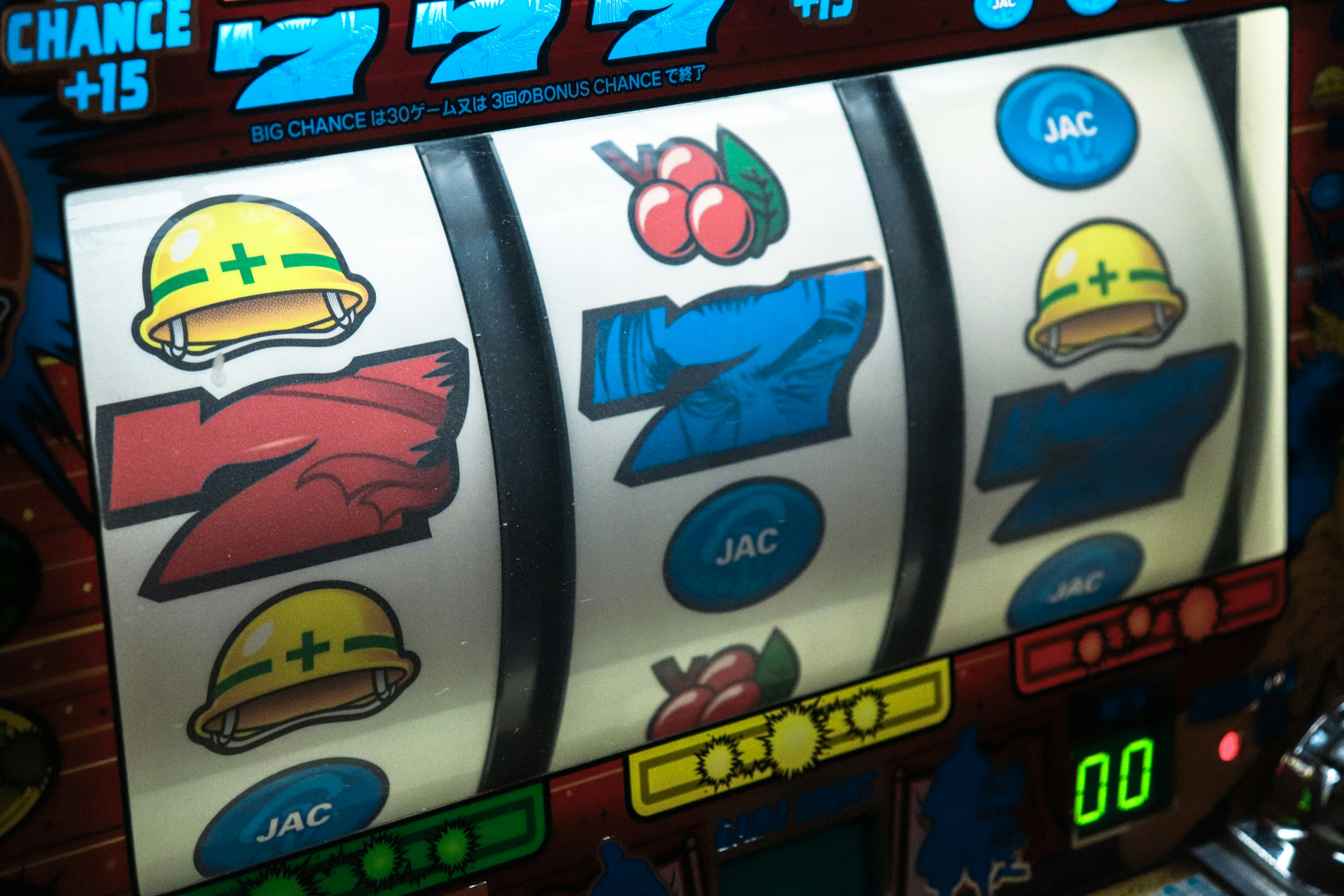The transformation of slot machines – from casino floors to online gaming

Slot machines have undergone significant changes since their invention. What started as a mechanical game with spinning reels and a lever has evolved into digital games of chance available to play online. Plus, there are now so many varieties to choose from, from Cash Collect to Fishin’ Frenzy and Age of the Gods – there’s an online slot game to suit all your preferences.

The first mechanical slot machines
The first slot machine, the Liberty Bell, was created by Charles Fey in 1895. This mechanical device had three reels, a lever to start the spin, and symbols such as horseshoes, diamonds, and bells. Wins were determined by aligning symbols on a single payline. However, this wasn’t as easy as it sounds due to the chance-based nature of the games and a lever and spring system keeping outcomes unpredictable.
These games grew in popularity, and as Fey didn’t have a patent for his original machine, other versions were created and later popped up in many land-based gaming establishments, including post offices.
By the early 20th century, slot machines had adapted to legal restrictions. To bypass gambling laws, some machines dispensed gum or sweets instead of cash prizes. This led to the use of fruit symbols, which would indicate the flavour of the gum you’d receive if you managed to land a matching combination on the reels. These symbols remain a common feature in modern slot games.
Electromechanical Slots
In the 1960s, electromechanical slot machines replaced the traditional mechanical versions that had become so popular. Bally’s Money Honey was the first fully electromechanical slot, allowing for automatic payouts and multiple coin bets. These machines introduced new features such as flashing lights, sound effects, and enabled various gameplay structures.
By the 1970s, slot machines became a popular asset to casino floors, with new innovations such as video screens replacing physical reels. The Fortune Coin slot, developed in 1976, was the first video slot machine, continuing to drive the digital transformation of slot gaming.
The digital era – introducing online Slots
The 1990s saw the introduction of online casinos, and with video Slots already proving popular, this led to the development of online Slots. These digital games use random number generator (RNG) software to determine outcomes, ensuring gameplay remains fair and unpredictable. Now, online Slots offer more variety than traditional land-based slot games, including multiple paylines, bonus rounds, and different themes to choose from.
The internet has played a pivotal role in improving computer graphics, enabling developers to create more unique slot games with high-definition visuals, animations, and new features.
Mobile Slots – a casino in your pocket
As smartphones have become more powerful over the years, online casino operators have been able to expand their offerings to different devices. Casino operators have optimised their platforms for mobile devices, meaning you can play slot games from anywhere you have a reliable internet connection.
The future of slot machines
The evolution of slot machines continues as technology evolves, with new trends shaping the future of online gaming. Innovations such as virtual reality (VR) Slots are being explored, making it clear that as technology advances, slot machines will likely continue adapting to new ways to try your chances.
Despite these changes, the fundamental concept of slot games remains the same as always—spinning chance-based reels and hoping to land a matching combination.
Spotted something? Got a story? Email: [email protected]
Latest News
